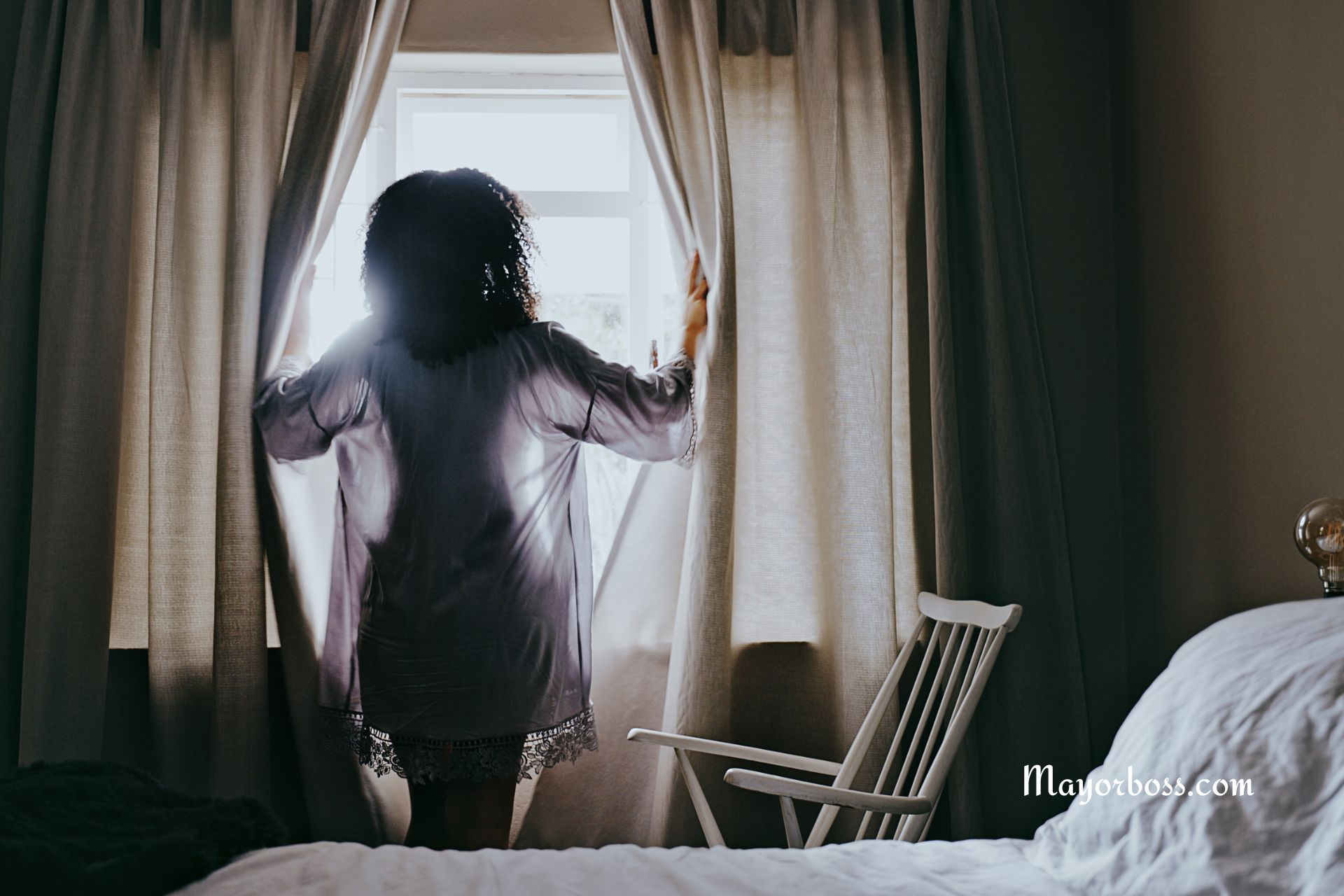Is Sleeping With the Window Open Bad for You? The Surprising Truth
Have you ever wondered whether letting in the fresh air by sleeping with the window open could have some downsides? It’s a common question, especially on those warm, breezy nights when the cool air feels just right. But is this habit potentially harmful, or does it actually bring benefits? Let’s unpack the surprising truth about this nightly dilemma.

The Benefits of Sleeping With the Window Open
First off, it’s essential to acknowledge the advantages that come with sleeping with the window open. After all, there’s nothing quite like a gentle breeze to lull you into a deep sleep.
Improved Air Quality
Sleeping with the window open can significantly improve the air quality in your bedroom. Indoor air can become stagnant and may contain higher levels of pollutants than outdoor air. Opening a window allows for a fresh air exchange, reducing the concentration of indoor pollutants, which can be especially beneficial for those suffering from allergies or respiratory issues.
Better Sleep Quality
The influx of fresh air can also help regulate the room’s temperature, keeping it cool and comfortable for a better night’s sleep. Moreover, natural sounds from outside, like the rustling of leaves or a distant night bird’s call, can provide a soothing backdrop that enhances sleep quality.
Natural Ventilation
Natural ventilation promotes a healthier living environment by reducing the chances of mold growth and the accumulation of harmful substances, which can arise from using air conditioners or heaters excessively.
Potential Downsides of Sleeping With the Window Open
While the benefits are clear, there are a few considerations to keep in mind before you make this a nightly habit.
Security Concerns
One of the most significant concerns is security. An open window can, unfortunately, be an invitation for uninvited guests, both human and animal. It’s crucial to assess the safety of your neighborhood and the accessibility of your window before leaving it open at night.
Allergies and Pollen
For allergy sufferers, an open window might invite pollen and other allergens into your bedroom, potentially leading to a night of sneezing, coughing, or even worse, allergy symptoms.
Noise Pollution
Depending on where you live, noise pollution could disrupt your sleep. Urban areas or neighborhoods near busy roads might find that the sounds of the city are more of a nuisance than a lullaby.
Unpredictable Weather
Lastly, the weather can be fickle. A sudden rainfall or a drop in temperature overnight could lead to discomfort and disturbed sleep.
So, What’s the Verdict?
In conclusion, sleeping with the window open has its set of benefits and downsides. The decision largely depends on your personal circumstances, including the safety of your area, your health considerations, especially allergies, and the typical weather conditions. If you decide to keep your window open, perhaps consider secure window locks and a fine mesh screen to keep bugs and pollen at bay while still letting in that refreshing night air.
In essence, it’s about finding the right balance that suits your needs for a good night’s rest.
Frequently Asked Questions
1. Can sleeping with the window open cause colds? No, colds are caused by viruses, not by cold air itself. However, if you’re directly exposed to cold air throughout the night, it might weaken your immune response, making you more susceptible to catching viruses.
2. Is it safe to sleep with the window open in an urban area? It depends on the security of your neighborhood and the design of your window. Always prioritize safety. If noise is a concern, consider using earplugs.
3. How can I improve indoor air quality without opening windows? Consider using air purifiers and indoor plants to improve air quality. Regularly cleaning your living space can also reduce indoor pollutants and allergens.
